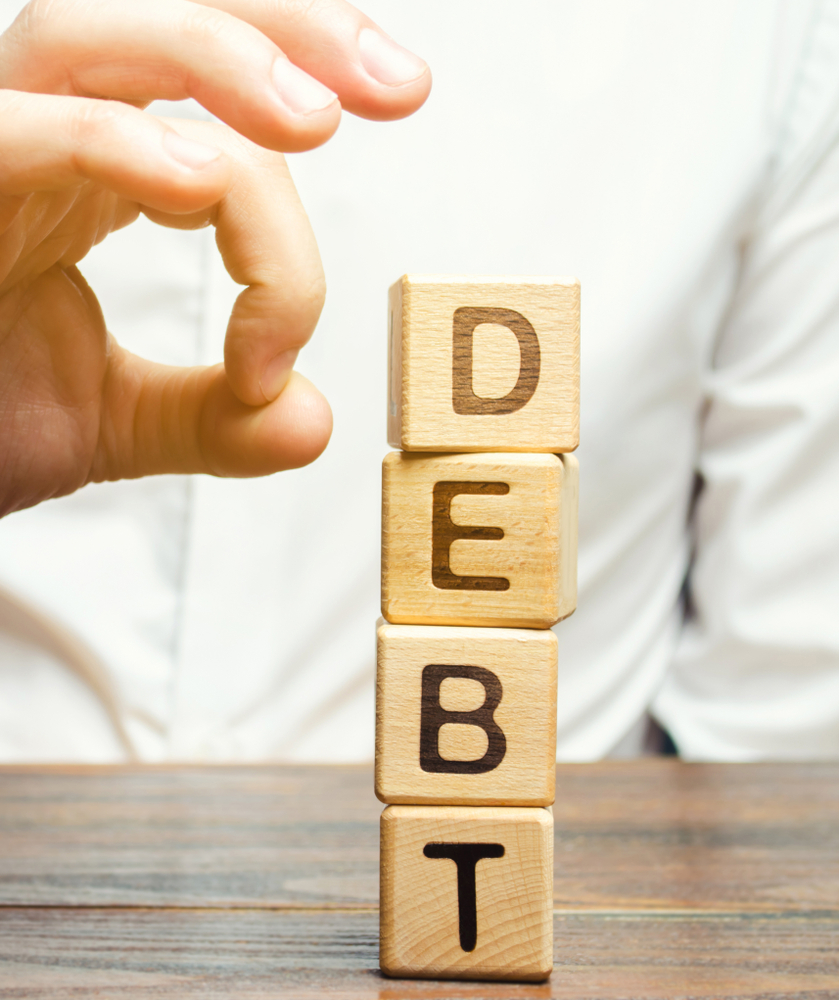DCBL - Everything you need to know, today
DCBL (Direct Collection Bailiffs Limited) is one of the UK’s largest debt recovery and high court enforcement companies. Essentially, their agents act as bailiffs to recover debt.
Receiving a letter from a bailiff or a debt collection agency can be troubling, particularly if you're not sure about whether you're able to pay the outstanding debt. If this occurs, it can be hard to know what to do.
If you've been contacted by DCBL and aren't sure what your rights are, we’re here to help. Our team of qualified consultants have years of experience within the financial industry, being well versed in providing debt relief solutions to people who have been contacted by bailiffs and debt collectors.
To apply for a no obligation consultation and see if your debt is eligible for one of our debt relief solutions, contact NDH Financial today.
Who Are DCBL?
DCBL is one of the leading providers of debt recovery and high court enforcement services, having the highest rate of debt recovery in the industry at the moment. Being one of the largest debt collection companies in the UK, there's a good chance you'll be contacted by the DCBL if you find yourself in debt.
DCBL specialise in letter-driven debt recovery, which they claim minimises the stress and impact that the process can have on the people they're contacting. Whilst they recover a variety of different debt types, one of their main specialties is parking fines and charges, appointed when a PCN (parking charge notice) hasn't been paid.
Types of Debt That DCBL Can Collect
DCBL collects a variety of outstanding debts - however, parking fines and charges are something they specialise in, and they’re accredited by the British Parking Association (BPA). As high court enforcement agents, the collections team from DCBL are private sector agents who collect debts to enforce high court orders. They may also enforce county court orders when the order has been transferred across to the high court for debt recovery.
There are three main situations in which a high court enforcement officer might be used - if your debt is worth more than £600, if your debt isn't regulated by the consumer credit act, or if you have a CCJ and you haven't made the payments towards it. The collections team at DCBL also provide a range of other services, which include:
- Debtor tracing
- Security services
- Residential possession
- Tribunal award enforcement
- Traveller removal
- Commercial rent arrears recovery (CRAR)
- Commercial lease forfeiture
If you think any of the above might apply to you, you may be at risk of DCBL contacting you. If you need to arrange a payment plan or simply want advice about your options, contact one of our expert advisors for help with your debts.
Get in touch today
NDH Financial can help free you from the shackles of your debt.
Call us on 0800 002 9051 or apply below.

DCBL: Powers That Their Agents Have
If you've been contacted by DCBL, it's important to know what powers they have and what rights you have, so you can ensure that the process is conducted legally and fairly. Whilst they do collect debts, DCBL are bailiffs and have different powers to debt collectors, and can take goods and assets under certain circumstances.
Bailiffs like DCBL have the power to collect debts from you - whilst they're known for taking goods, they can also settle the debt via a traditional payment if you so wish. If you do decide to pay them in this way, it's important to ensure you get a receipt - you should also get paperwork if you allow them to take any goods from you in place of payment. If you can pay off the debt, this might be a better option as each visit to your property to collect goods will incur bailiff fees.
What Goods Can DCBL Take?
Bailiffs such as DCBL can take goods from your house as payment towards your debt - however, there are limits to what they can take. Items that DCBL cannot take include:
- Items needed to provide a standard of living (for example, an oven or kettle)
- Mobility vehicles or vehicles displaying a blue badge
- Items you need for work, such as a work laptop or transport to the office
- Items belonging to someone else - enforcement agents can only take items belonging to the person in debt (items co-owned by somebody else will remain off limits)
Bailiffs will usually go for high value items such as jewellery, electrical devices or cars. However, it’s important to note that they can't take anything that they cannot physically access.
What Restrictions Do DCBL Have?
Let’s talk about restrictions and all the things to look out for when contacted by DCBL, or another debt recovery company for that matter.
Firstly, regarding forcible entry to your home, there's a bit of an urban myth surrounding this topic. To set the record straight, bailiffs cannot forcibly enter your home to collect or repossess any goods. They can only enter your property if you allow them entry. However, if a door has been left open, they can enter that way, so it's important to keep all your doors locked and closed if you have been contacted by a bailiff.
DCBL's enforcement agents cannot attempt to enter a property at unsociable hours (usually between 9:30 pm and 6:00 am). They also can't enter if anyone vulnerable is in the property at the time - this includes (but is not limited to) people with disabilities, elderly people and children. Bailiffs can't take any items they can't physically access - however, if your vehicle has been left outside your property, they may be able to take it.
Bailiffs cannot visit your workplace or the home of anyone else concerning your debt. You have the right to refuse entry to enforcement agents, and if you allow them to enter, they must peacefully enter your property.
If there is anybody vulnerable inside the property when DCBL visits, you should explain this to them and, legally, the bailiffs would have to leave if requested. If you request them to leave and come back at a later date, you must consider that extra bailiff fees for this revisit may be added to the outstanding debt.
Bailiff fees will be added for each visit to your home, with fees also added for writing to you and selling your goods. For this reason, it's important to try and get your debt resolved as quickly as possible to avoid more charges racking up.
Apply Today
Get in touch with NDH Financial today for a free consultation about your debts.
Call us on 0800 002 9051 or apply below.

Can You Write Off Debt with DCBL?
If you choose to, you can write off debt with DCBL, either by contacting them to make a payment or by allowing them to take your goods as payment towards your debt - however, using goods as payment may incur extra bailiff fees. You could also speak to the original creditor who you owe the debt to to try and resolve the debt, often in the form of a payment plan.
If you don't think either of these options is right for you, you're in luck, as the team here at NDH Financial specialise in IVAs (Individual Voluntary Arrangements).
An IVA is a legally binding debt solution designed to help you out of debt in a seamless manner. IVAs are usually best taken out when you have debts of over £6,000 and owe money to more than one creditor, combining your debt into one monthly payment as part of a payment plan. More information can be found in our IVA Learning Hub.
If an IVA isn't for you, there are several other debt solutions that might be worth considering.
How NDH Financial can help you with your debt
At NDH Financial, we've been working with our clients for years to help them break free of the shackles of debt, offering a seamless debt relief solution with our IVAs.
As a personal insolvency specialist, with our own in-house Insolvency Practitioner, we are fully trained to help you on every step of the journey to becoming debt free. In choosing our debt solution, we’ll consolidate your outstanding debts into one monthly payment, which we'll manage to pay off your creditors, resolving your debt as agreed.
If you want to learn more about our IVAs or speak to a consultant about how to release yourself from debt, contact our expert team today for a no-obligation consultation call.
Do You Have Any More Questions?
Our IVA Learning Hub Can Help
We know you might have questions and that’s fine.
We can answer most of those on our call.
But we’ve also built our learning hub so that you can learn more about an IVA and see if one is right for you.
Click below to check it out.




